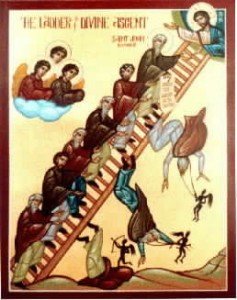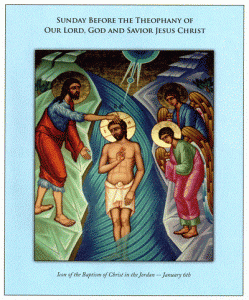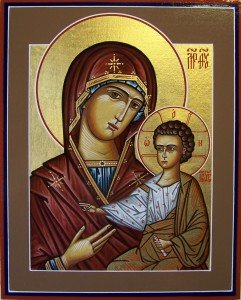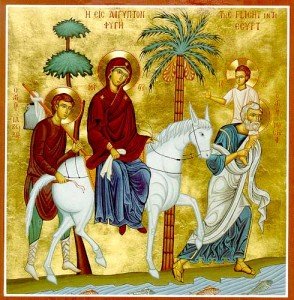 Hopefully you, my readers, are finding these thoughts of St. John as helpful as I am. I believe that his thoughts can be very beneficial to spiritual growth. I have begun sharing the three basic causes for Talkativeness which, as you have seen if you have been following this article, needs to be curbed if we wish to spiritually grow. The first way dealt with our lifestyle.
Hopefully you, my readers, are finding these thoughts of St. John as helpful as I am. I believe that his thoughts can be very beneficial to spiritual growth. I have begun sharing the three basic causes for Talkativeness which, as you have seen if you have been following this article, needs to be curbed if we wish to spiritually grow. The first way dealt with our lifestyle.
The second cause is Vainglory. St. John defines vainglory as that which prompts us to boast and to speak with the intention of impressing others. It is what prompts us to lie through our teeth about what we know or what we have done or experienced. From the average Joe in the pub bragging about how much he drank last night or the last fight he got into, to the devout Christian pretending the information he has gleaned from conversations with fellow Christians is the result of real scholarly knowledge – we are all guilty of lying or exaggerating in order to make ourselves look better than we really are.
The solution is as simple as it is difficult: humility. For wanting to be seen as greater than we are in the eyes of others is nothing less than vanity, a sign that we have forgotten God, who cannot be fooled by pretense.
We must realize that when we engage in vainglory, we are acting out something from our childhood. If we were diminished in any way during our childhood – people may have said that we were not intelligent – we will try, in adulthood, to change this feeling by aggrandizing things, making ourselves seem to be more intelligent. It is not a matter of judging this to be a fault as to recognizing that it might be influencing how we live and act as adults. Stop blaming and judging! Just get an honest picture of yourself.






